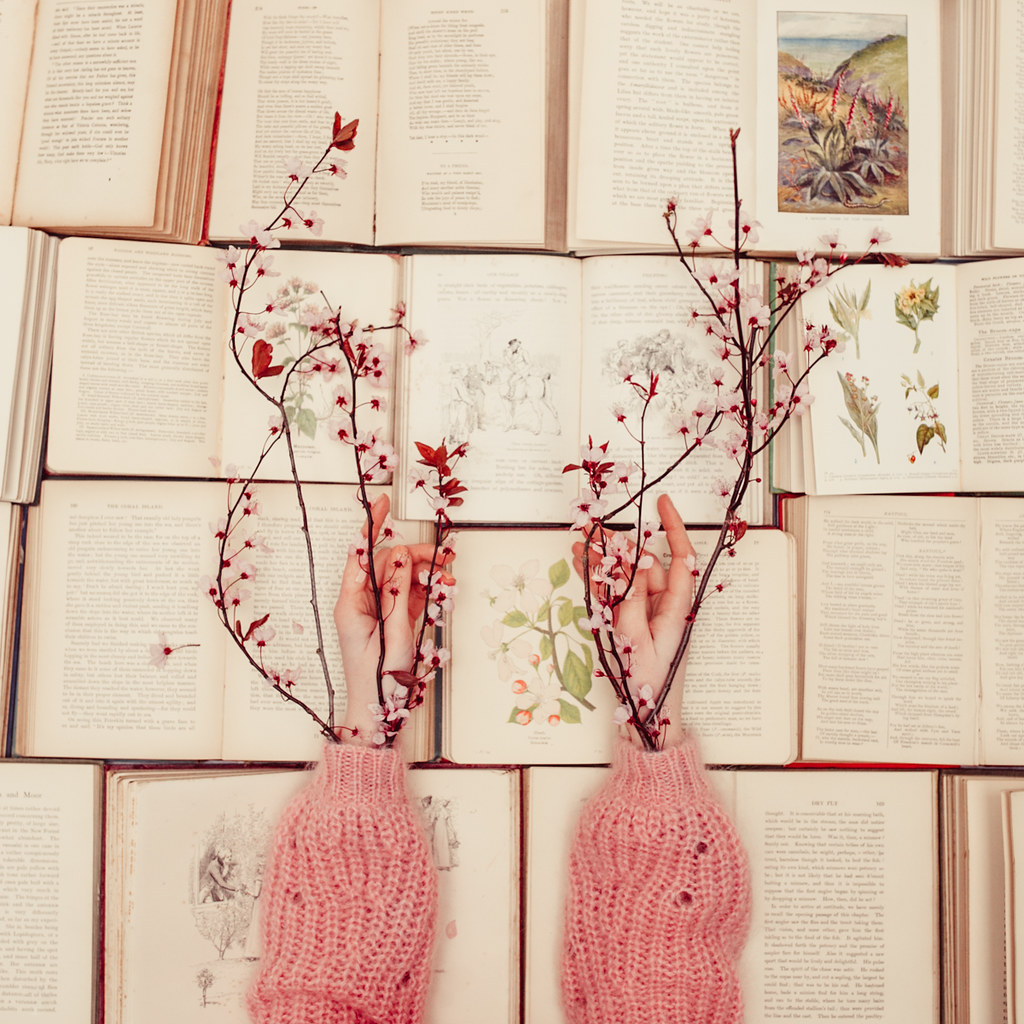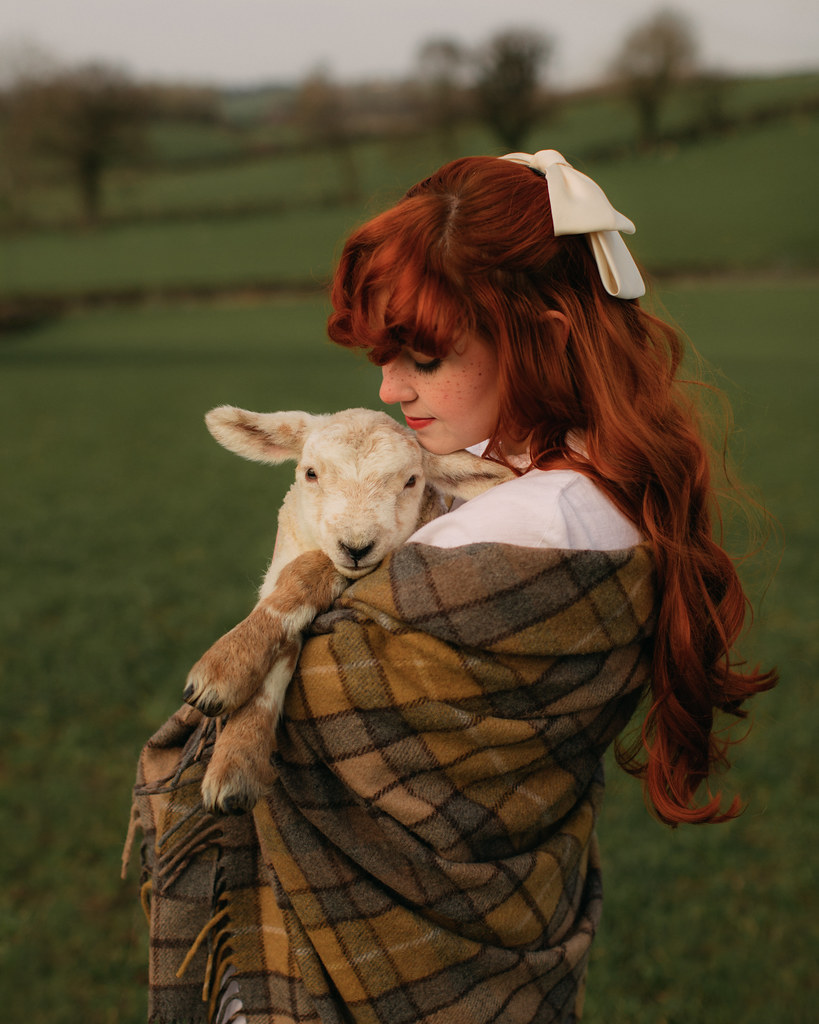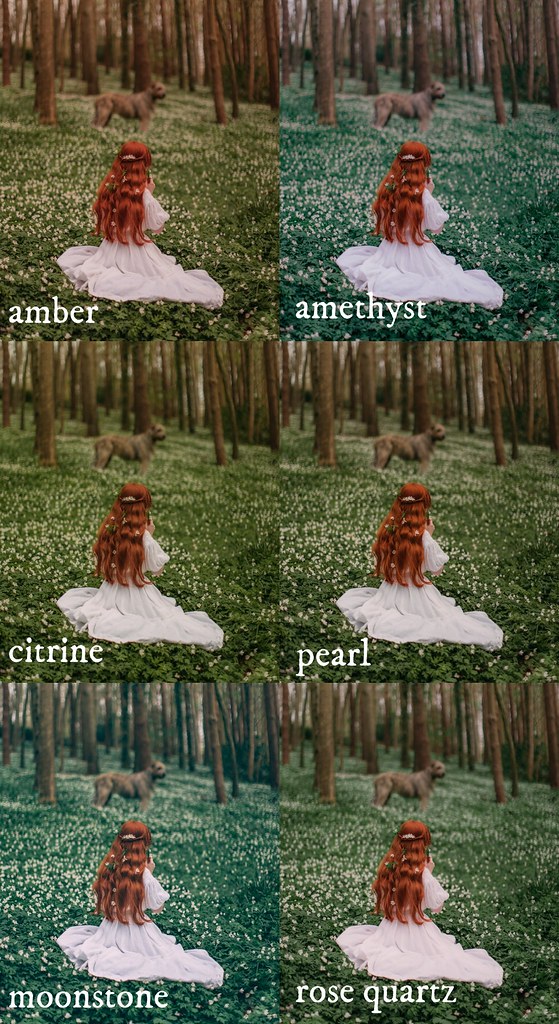 These days some of my favorite reads are actually re-reads. Maybe I’m just getting to an age that I’m nostalgic for a past childhood, or like C S Lewis says, I have become old enough for fairytales again. Whatever the reason, I find myself re-reading a number of childhood favorites that I haven’t looked at in years and it’s been an interesting experience. I find myself looking at the stories and characters with a completely different perspective; I can still largely remember my childhood impressions of the stories, but it’s almost as if a different person is reading them today. In a way I guess that is true; I am a different person today. I was a child and now I’m an adult. I was naive and now I’m slightly more worldly. In any case, here are a few that have stuck out to me recently. (P.S. Spoilers galore! If you haven't read these books and don't want them "spoiled" for you, then definitely skip this post!)
These days some of my favorite reads are actually re-reads. Maybe I’m just getting to an age that I’m nostalgic for a past childhood, or like C S Lewis says, I have become old enough for fairytales again. Whatever the reason, I find myself re-reading a number of childhood favorites that I haven’t looked at in years and it’s been an interesting experience. I find myself looking at the stories and characters with a completely different perspective; I can still largely remember my childhood impressions of the stories, but it’s almost as if a different person is reading them today. In a way I guess that is true; I am a different person today. I was a child and now I’m an adult. I was naive and now I’m slightly more worldly. In any case, here are a few that have stuck out to me recently. (P.S. Spoilers galore! If you haven't read these books and don't want them "spoiled" for you, then definitely skip this post!)Anne of Green Gables: I mentioned before that I enjoy Anne more as an adult than I did when I was first introduced to the books as a child. As a child the rather quiet story of Anne’s life was enjoyable, but less engrossing than a story of a kid battling aliens or becoming a knight (see the above books lol). However as an adult Anne feels more relatable than ever. I love the “quiet” stories of life in Avonlea and all the characters; the whole book series is relatable and heart-warming. However, even more than my enjoyment of it, it also hits an emotional note with me as an adult that it never did when I was younger. Last year I was re-reading the series while traveling and found myself tearing up at the moment of Matthew’s death on a plane. I’ve always prided myself on not crying at sappy movies or things that would get to my friends, but suddenly I found myself fighting back tears while reading a story I’ve read more times than I can count. Matthew’s death when I was a kid had been sad, but a brief note quickly followed by more adventures in Avonlea that distracted me from his absence. But as an adult I realize so much more what a rare person Matthew was and how much Anne blossomed under his quiet enthusiasm for anything she said or did. Marilla’s rare moment of openness with Anne afterward is also an emotional sucker punch. It all reminds me of a Madeleine L’Engle quote (another favorite author) that goes, “And if the book will be too difficult for grown-ups, then you write it for children.” I think sometimes we dismiss and grow out of these books we read as children because we see them as kid-ish, but the authors of those books were as masterly with storytelling and world-building as any adult novelist and sometimes it takes looking at a childhood favorite with adult eyes to really appreciate a book. I know Anne planted seeds in me when I read it as a kid and reading it as an adult it’s as if I’m walking through L. M. Montgomery’s garden.





CONVERSATION